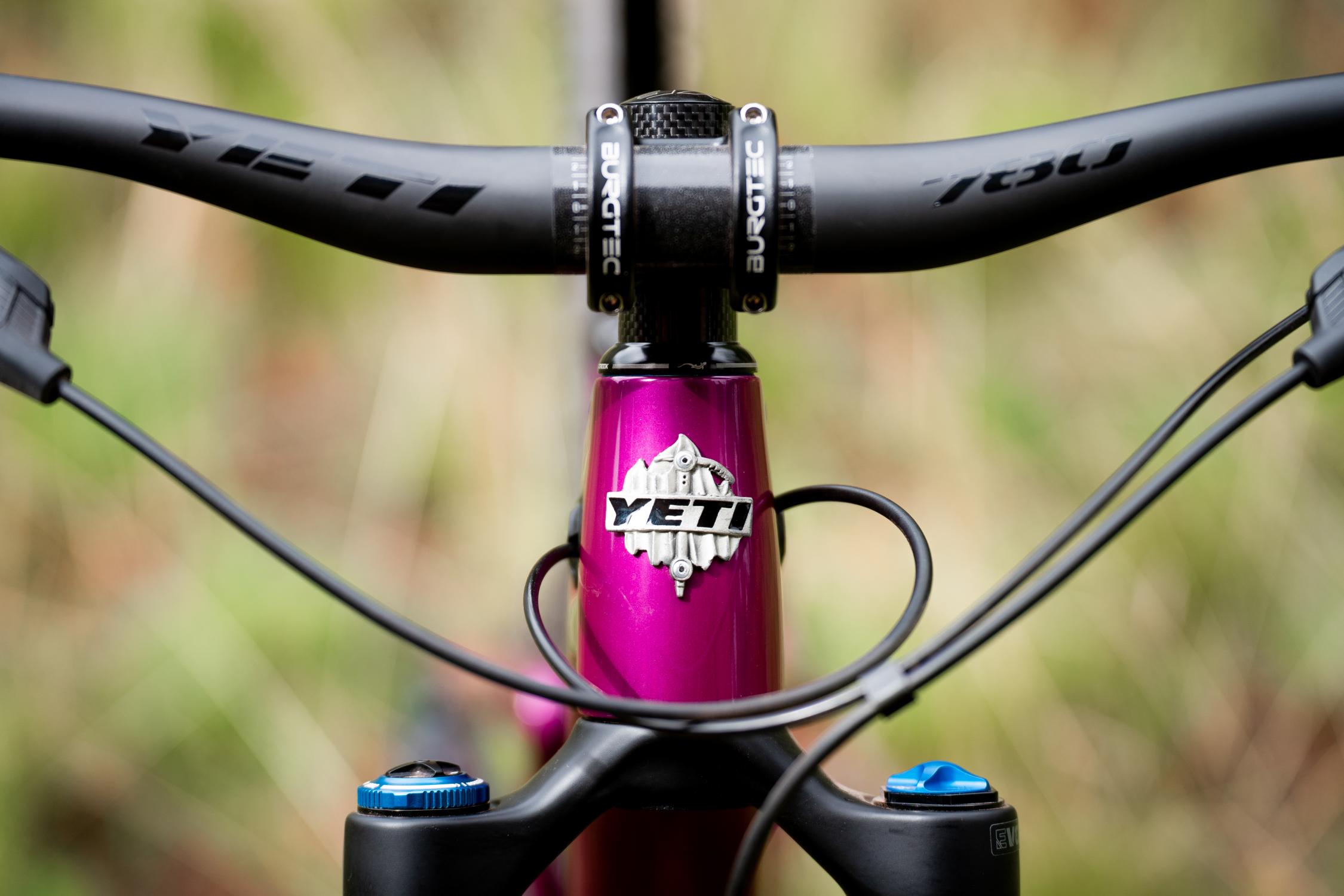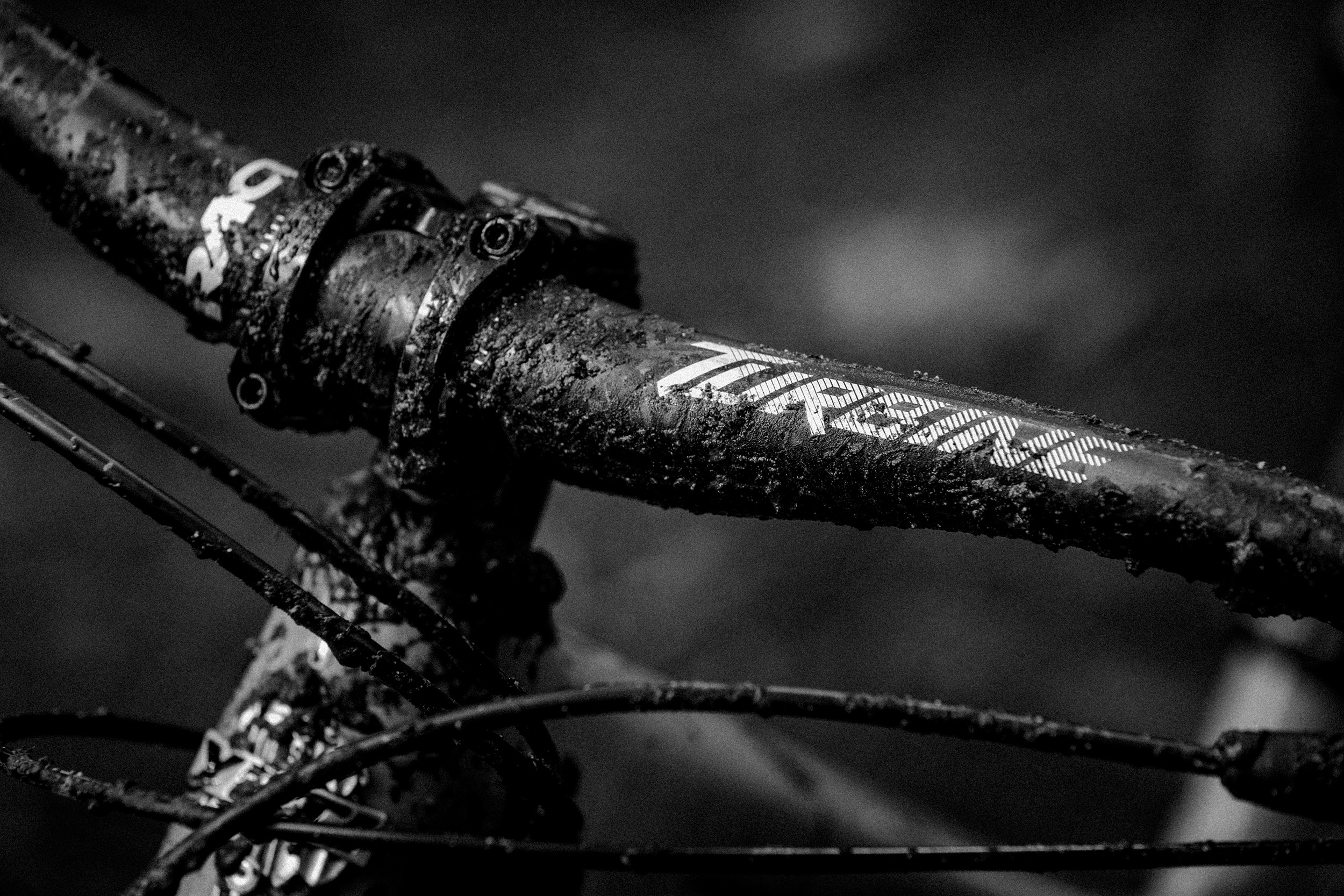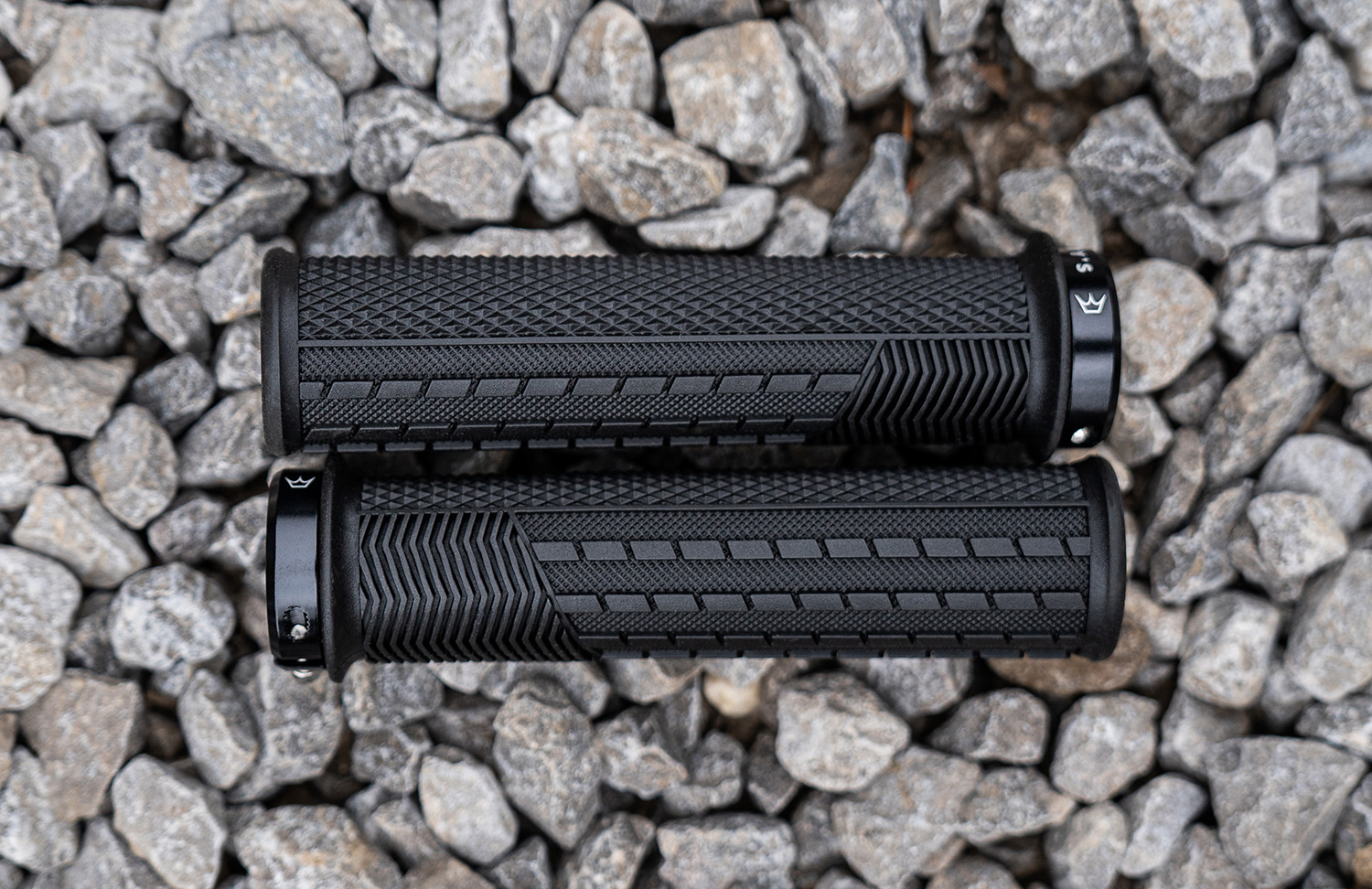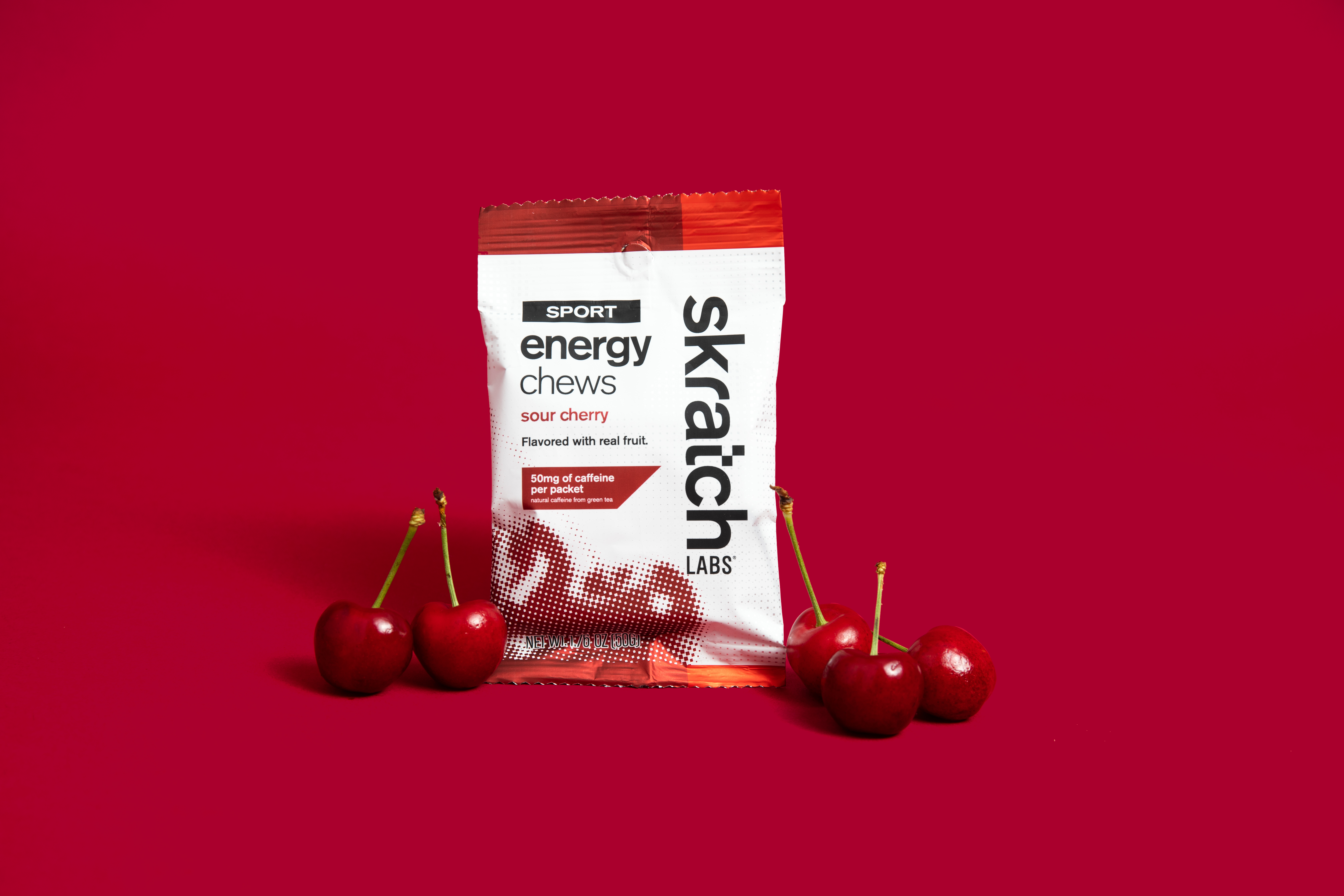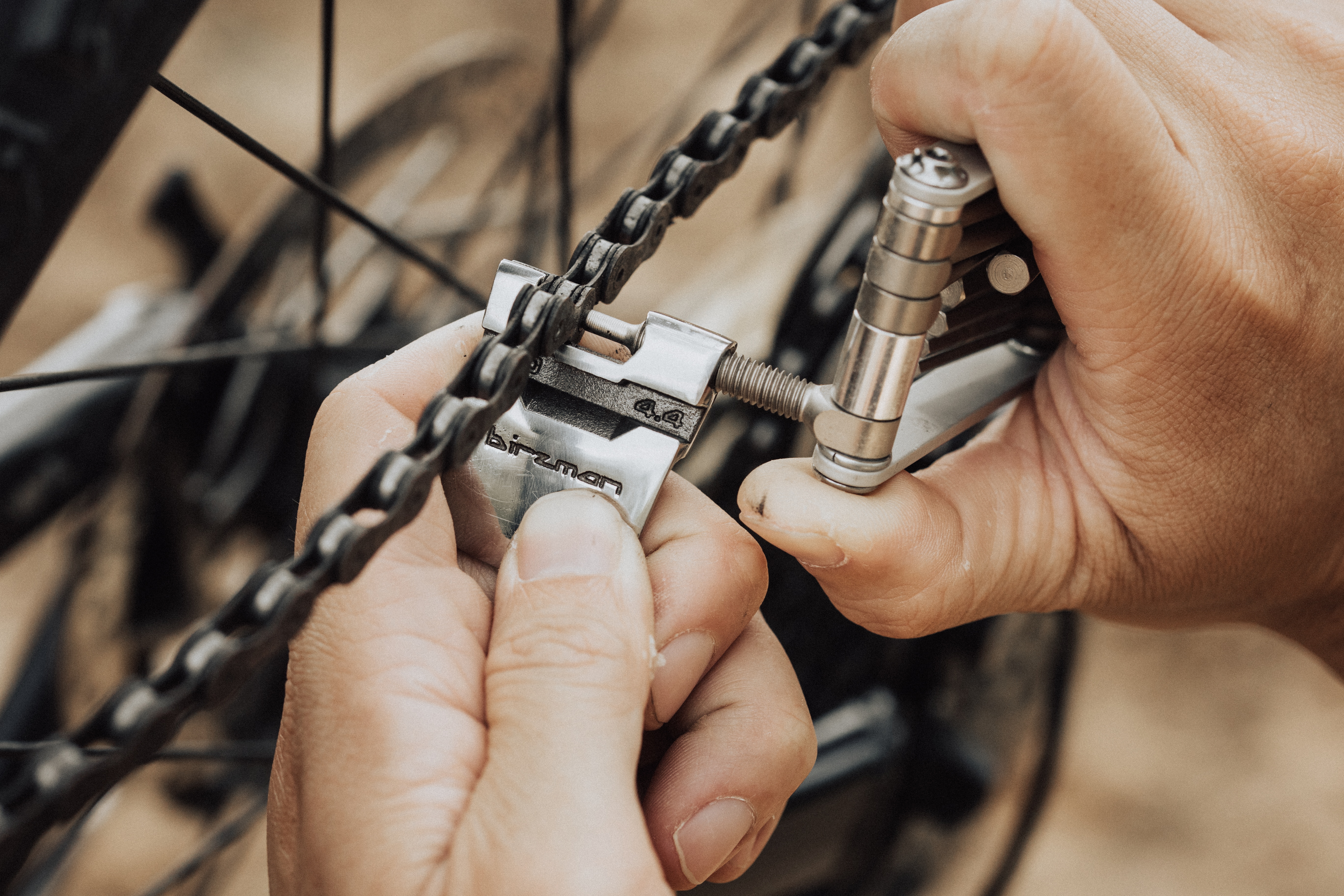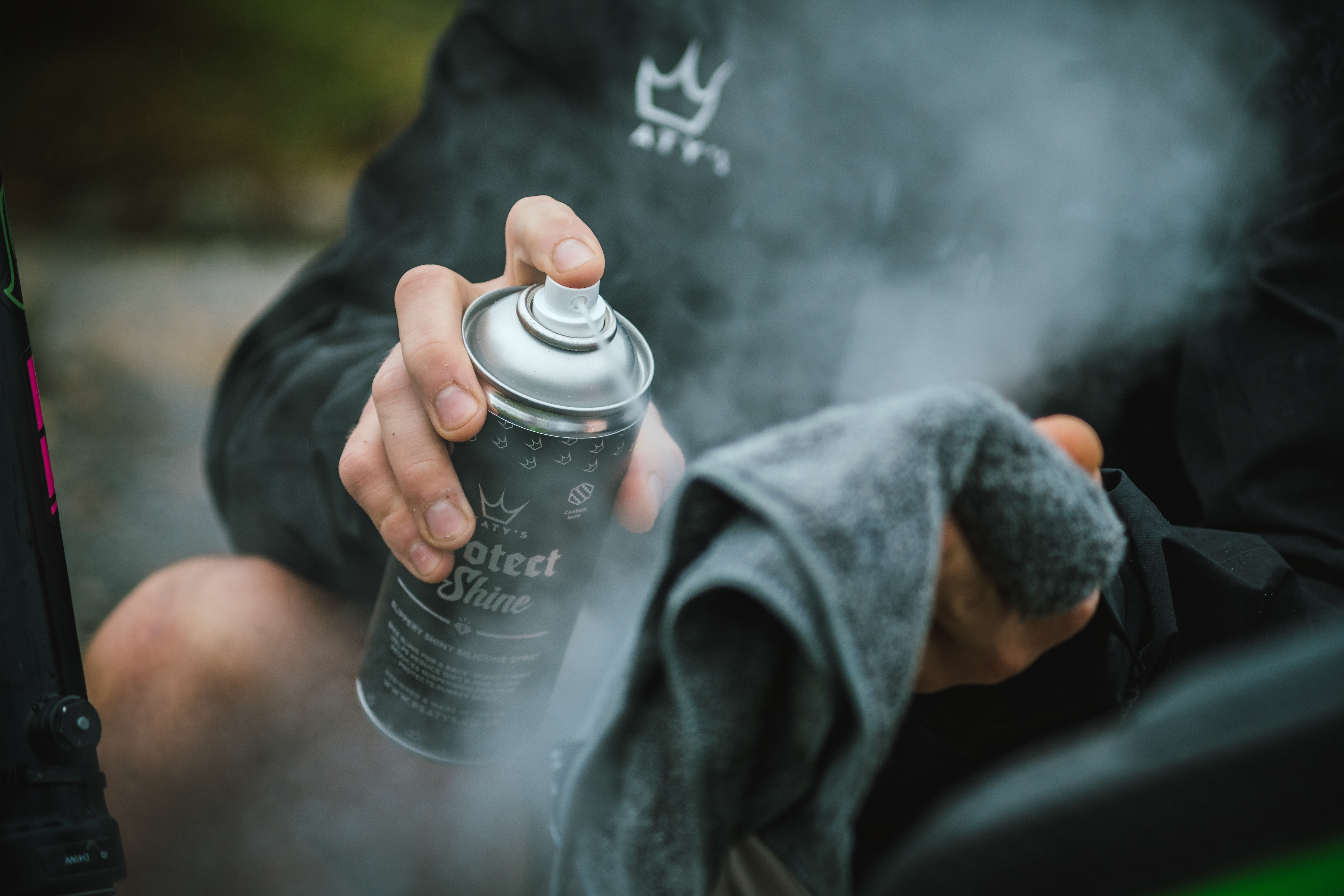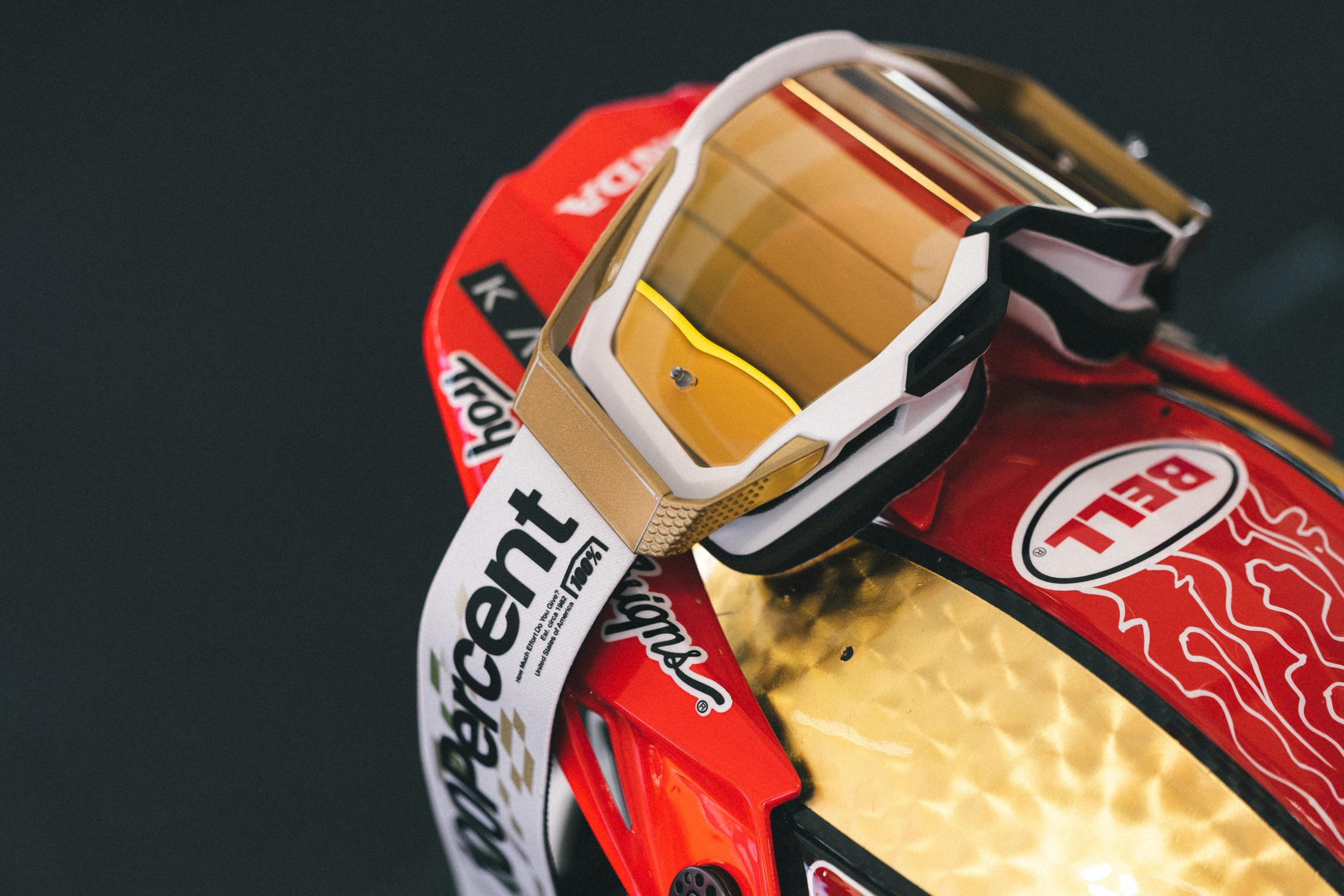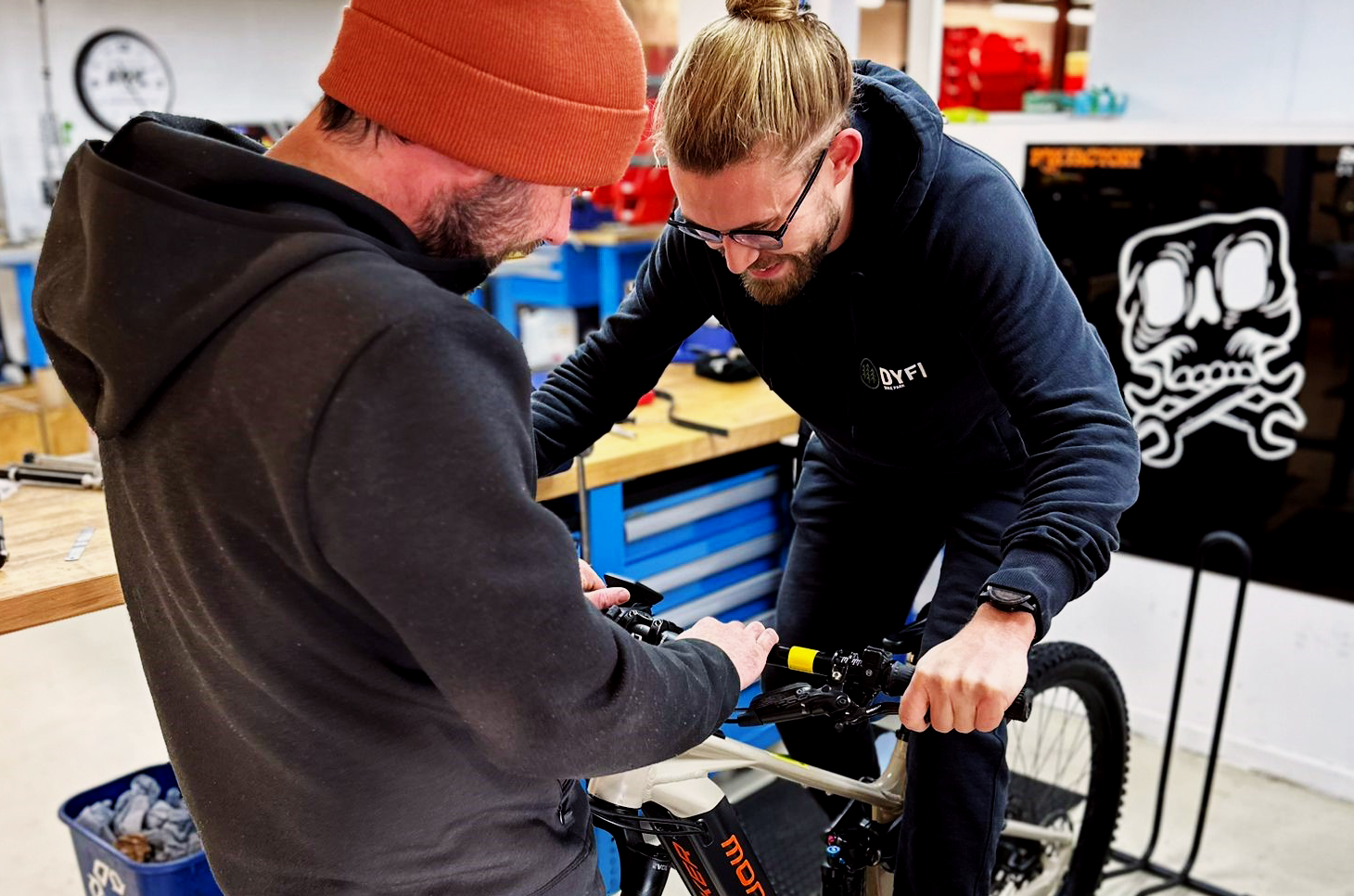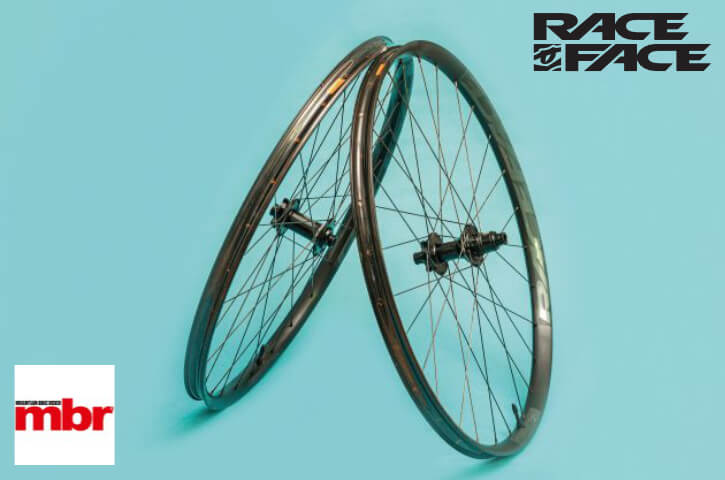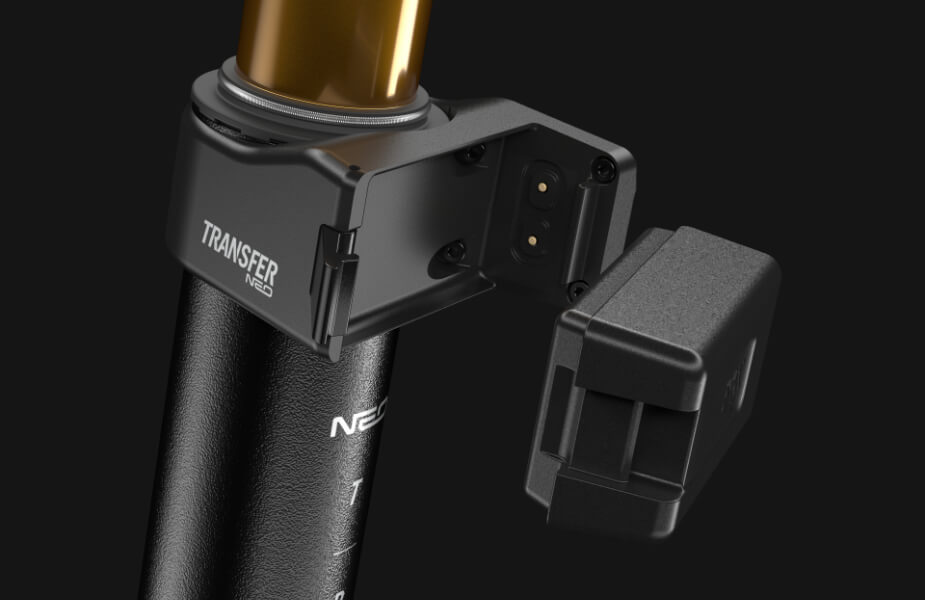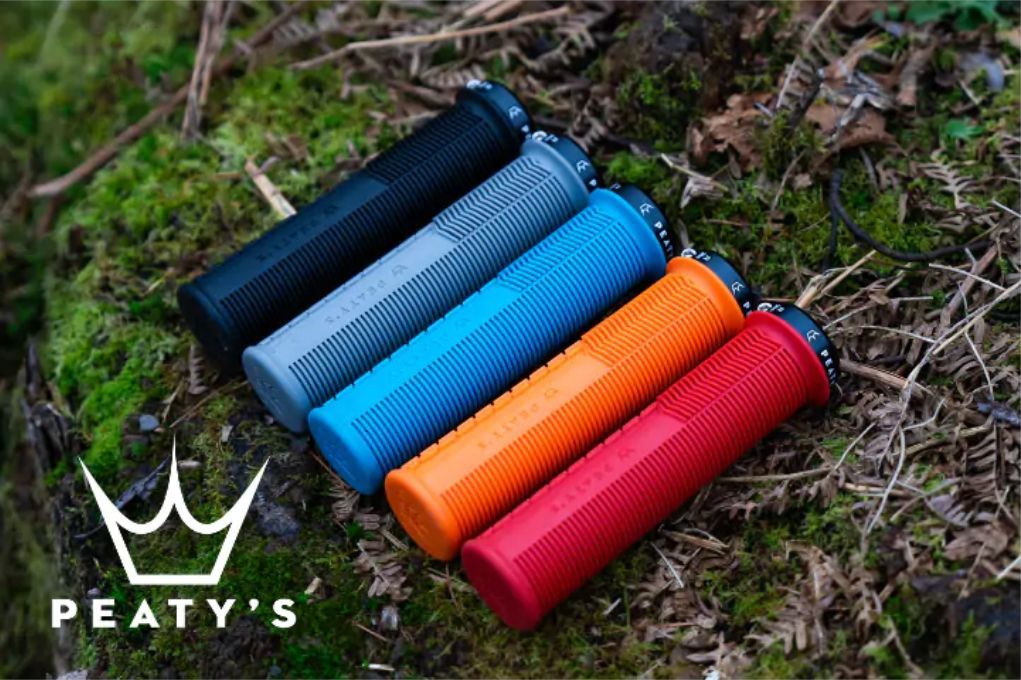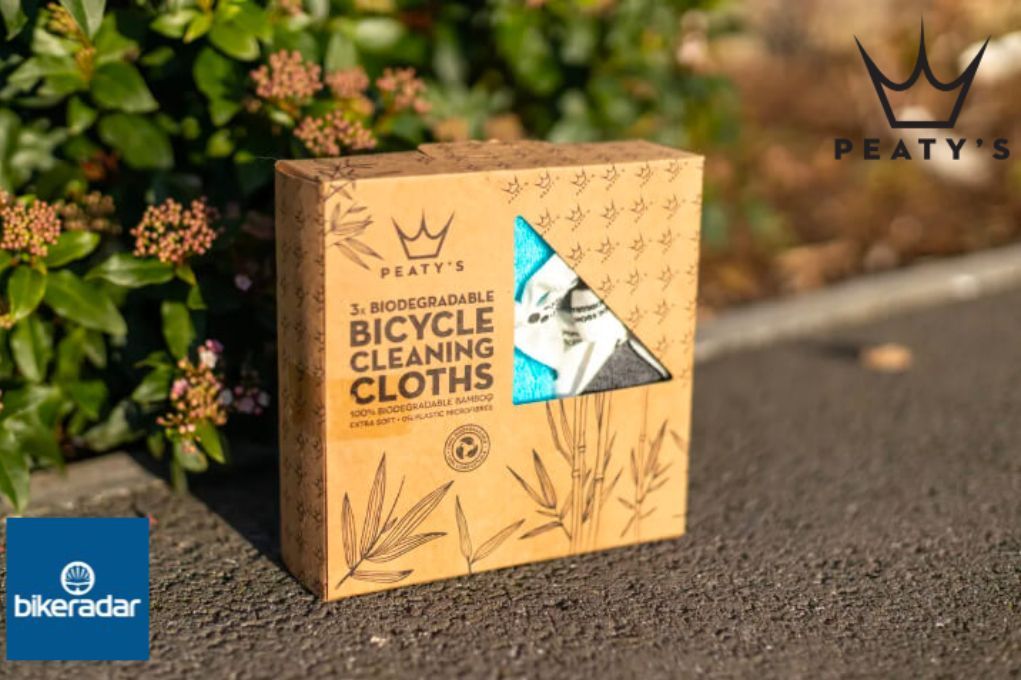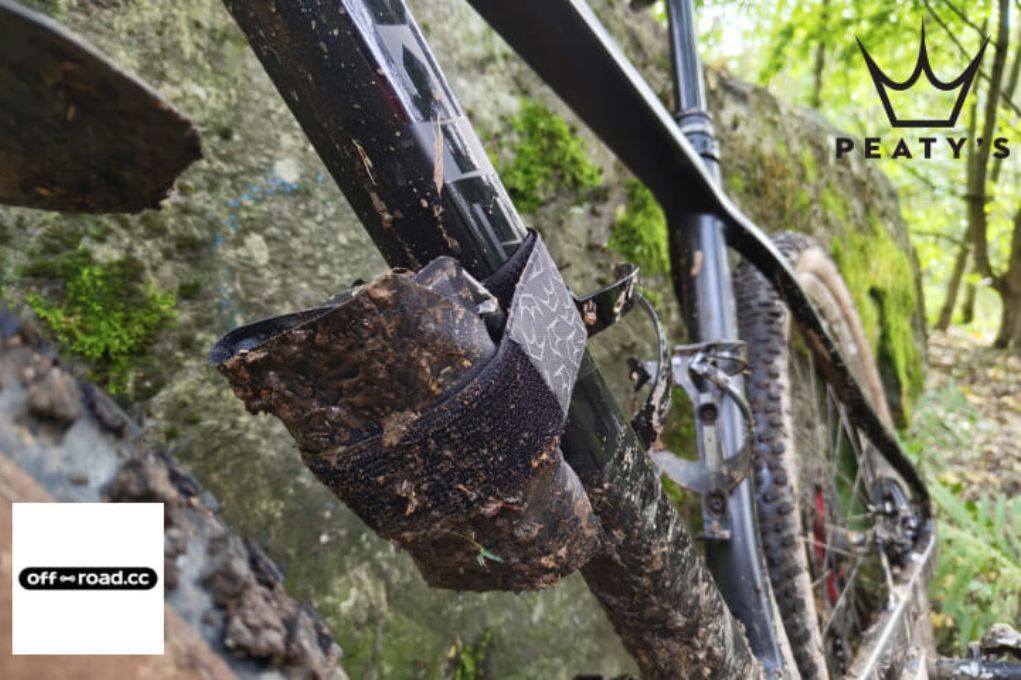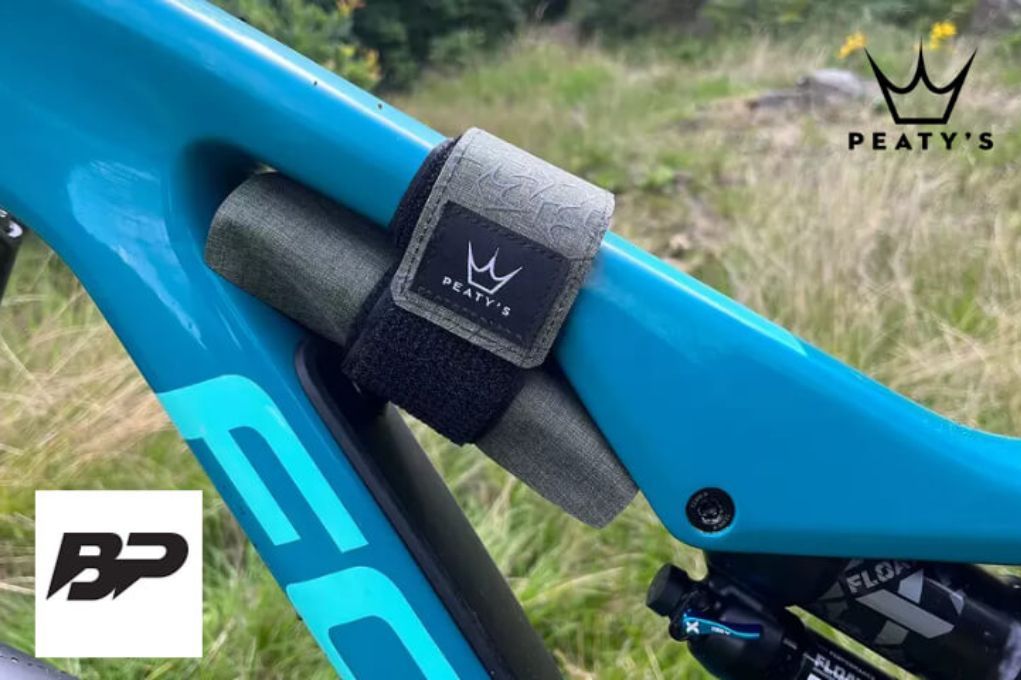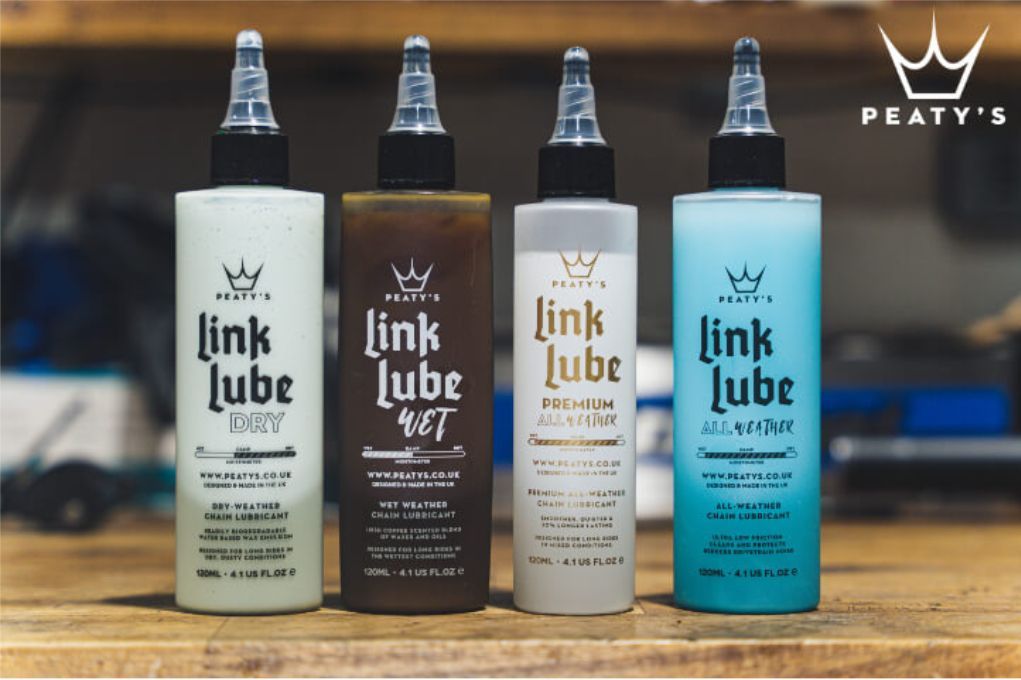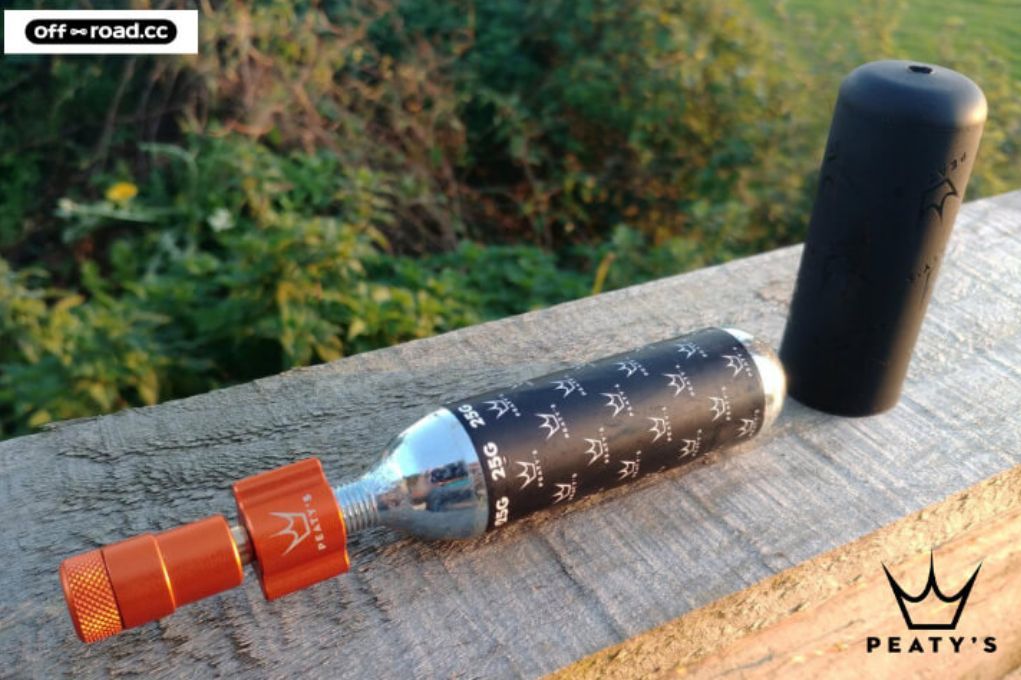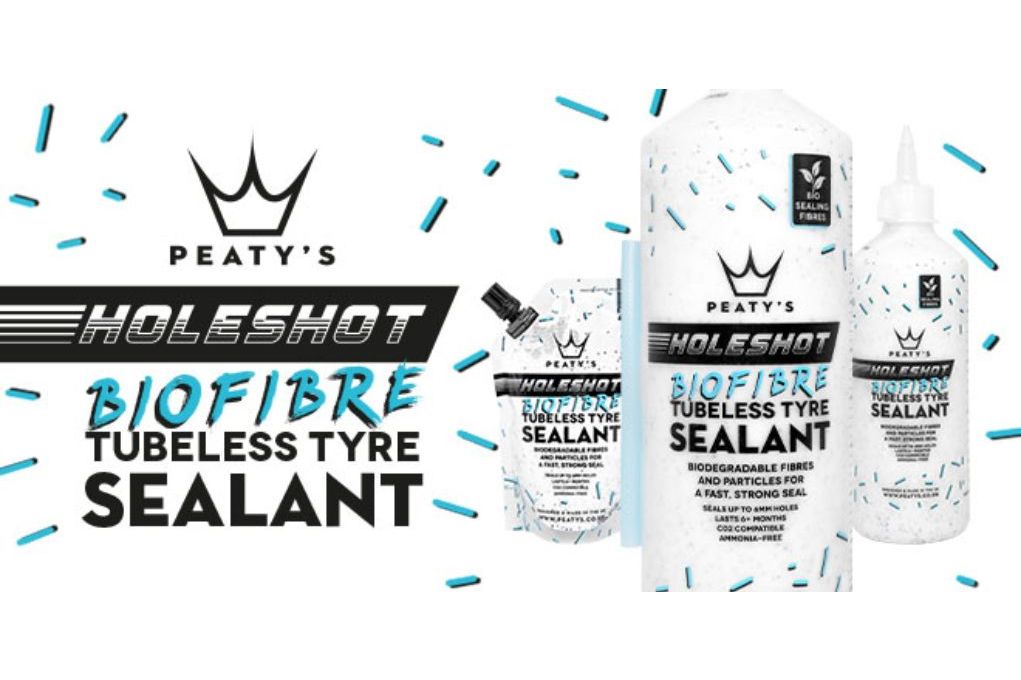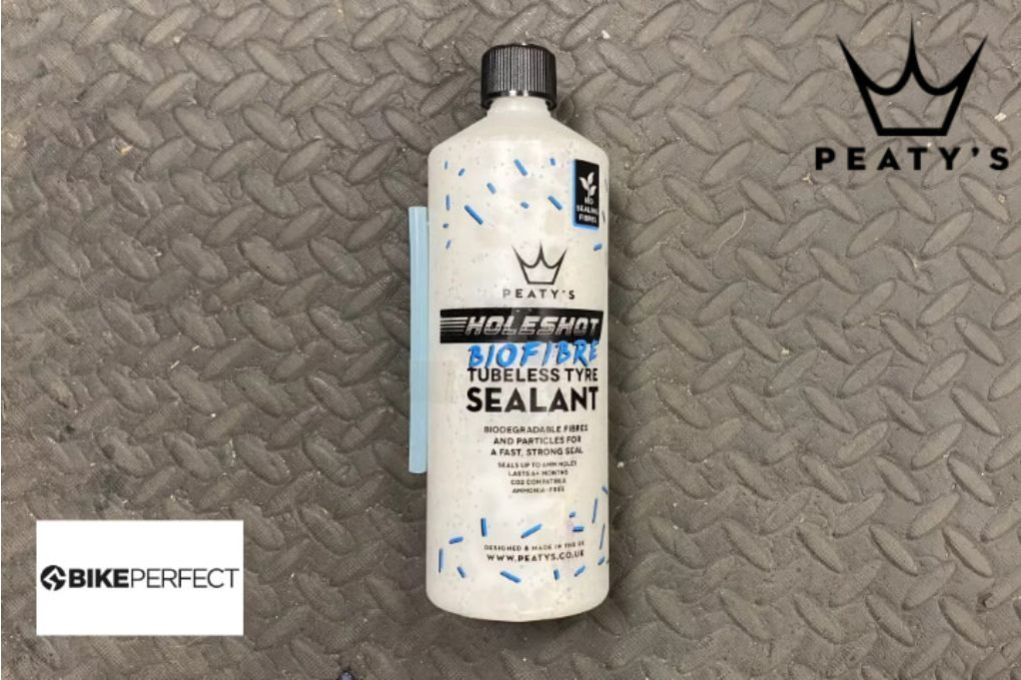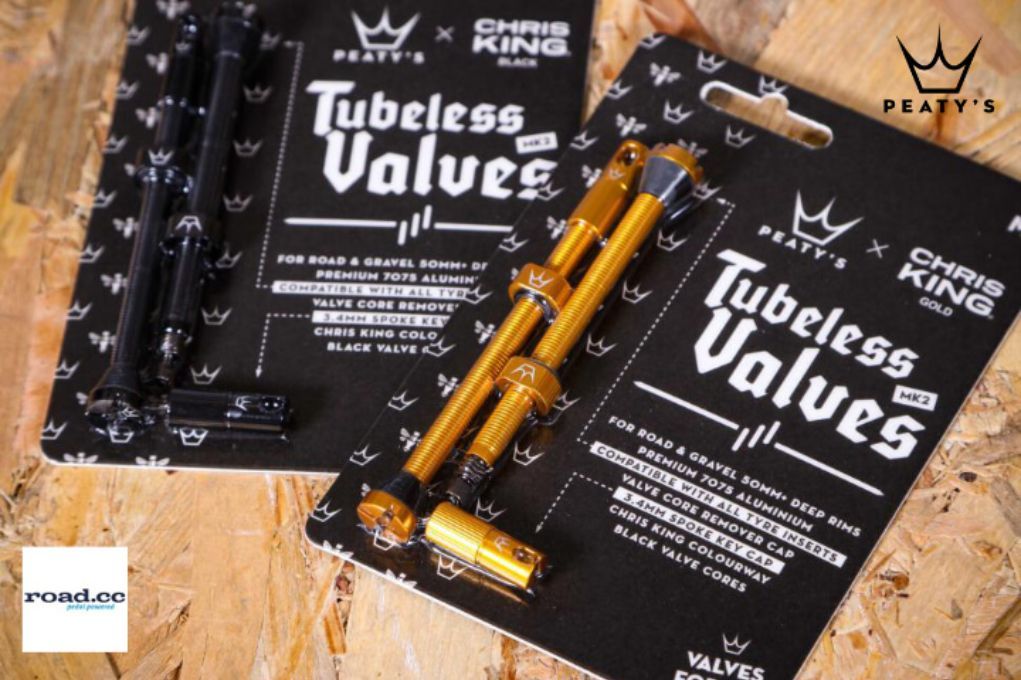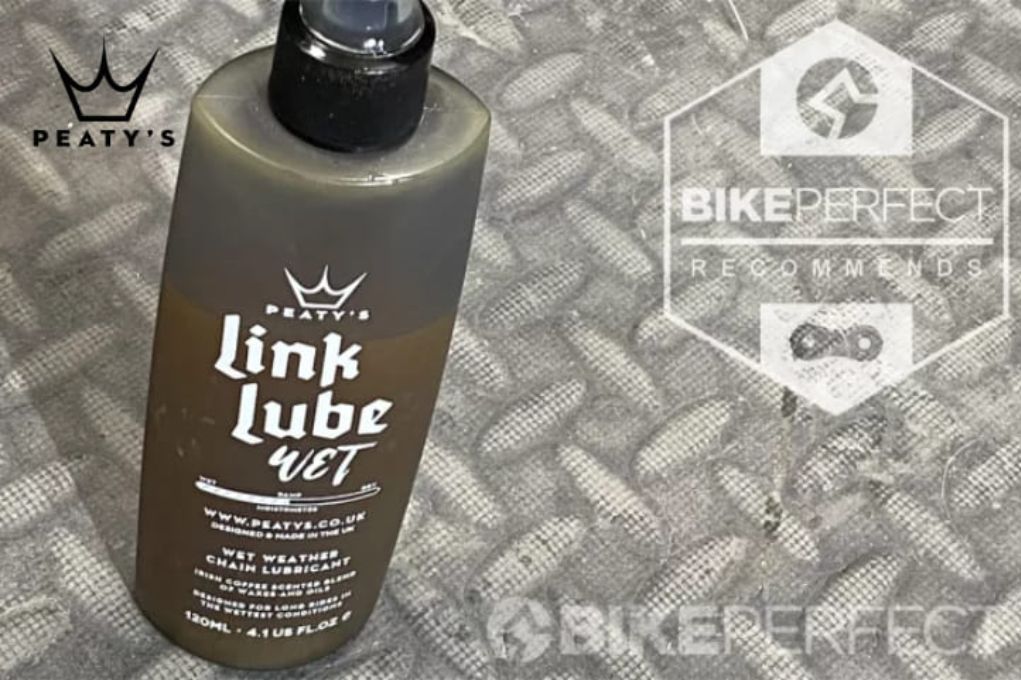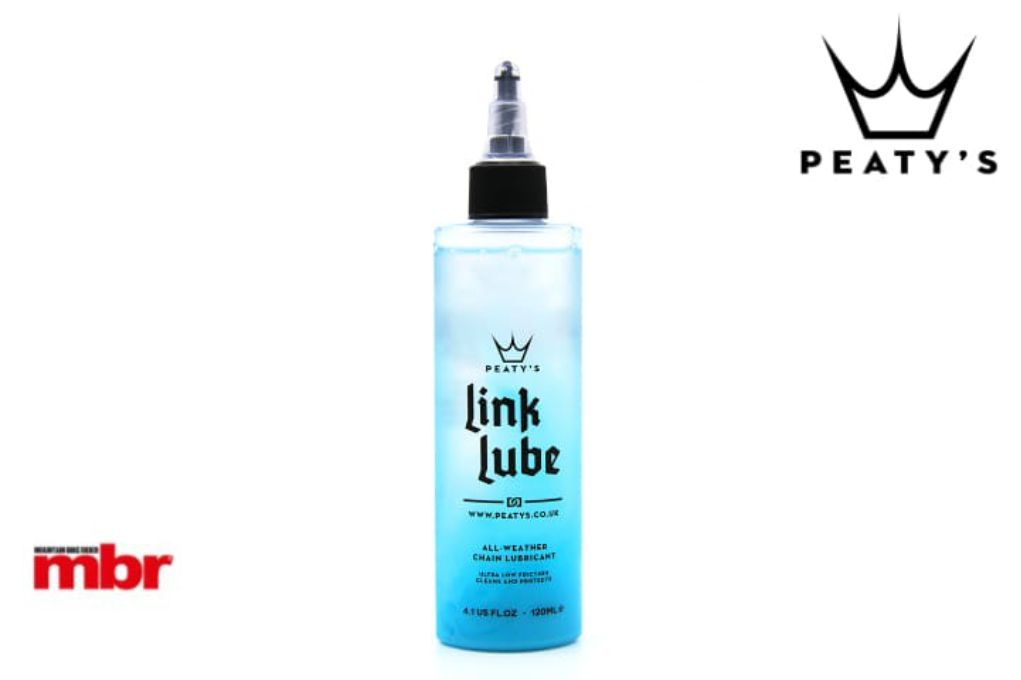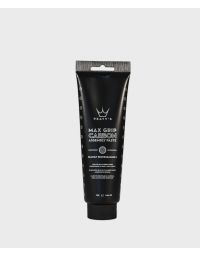ARMEGA SP25
Review: Road.cc - Peaty's Max Grip Carbon Assembly Paste - 9 out of 10
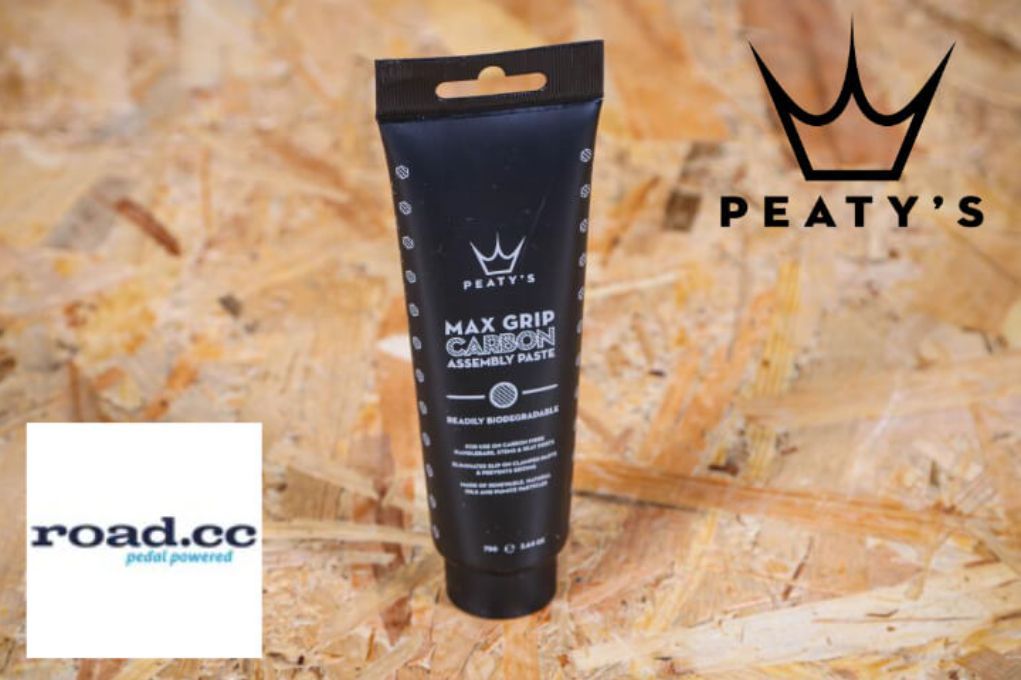
Road.cc has given the Peaty's Max Grip Carbo Assembly Paste a whopping 9 out of 10! Check out what they had to say:
Peaty’s Max Grip Carbon Assembly Paste is a secure and easyto- use product, and as heavy on the abrasives as you could want.
Not the most glamorous of cycling products, gripper paste is nevertheless a workshop essential anywhere carbon parts are being installed.
Seatposts and stems/handlebar interfaces are inclined to slip,and trying to prevent that by tightening the bolts a bit more canresult in disaster. Furthermore, using ordinary grease to ensureparts don’t get stuck together can make matters worse.
The answer to all this is carbon assembly paste, which lubricates the components enough for them to go in and out easily, yet ‘bites’ into the carbon enough to prevent slippage. Peaty’s Max Grip is, as the name suggests, pretty well certain not to slip, thanks to a high proportion of abrasive.
Some – like Fenwick’s Carbon Assembly Paste – use microbead plastics to provide the friction. Others are silica (i.e. sand) based. In Peaty’s case, it’s powdered volcano. That’s right, it’s pumice, like what you use to polish your twinkle-toes in the bath.
There may be an argument that plastics are safer as they’re less abrasive (and shoot less lava than volcanoes), and there’s a whole internet rabbit hole you can disappear into if you’ve nothing better to do.
However, bear in mind that abrasives only scratch if there’s movement, and the whole point of assembly paste is to eliminate movement, so it’s hardly likely you will be fatally sandpapering your seatpost.
Peaty’s paste has a gel-like consistency that makes it easy to apply, with less waste than some runnier compounds I’ve used. This is made from natural oils (petroleum-based ones are common in carbon paste), which we are assured are all non-toxic and readily biodegradable.
Note that the use of carbon paste does not mean you can tighten bolts to lower-than-recommended torques. Do them up to the manufacturer’s specification. The point of the paste is that at these torques, the components will be absolutely secure. I was totally confident in the grip resulting from using the Peaty’s product.
The price is good too. At £9.99 for a 75g tube, it’s a fiver cheaper than Muc-Off’s Carbon Gripper, for instance. Meanwhile, Motorex Carbon Paste comes in bigger 100g tubs of 100g, but costs £22.99.
Oh, and the tube itself is made from recycled plastic.
Good stuff.



